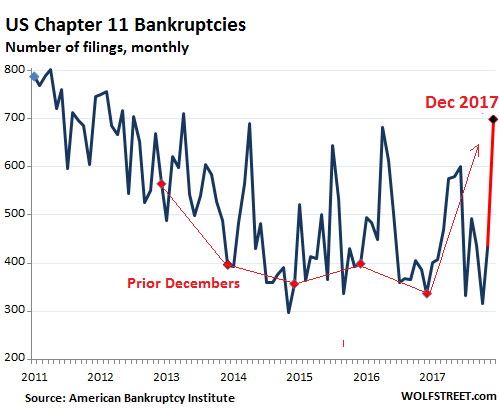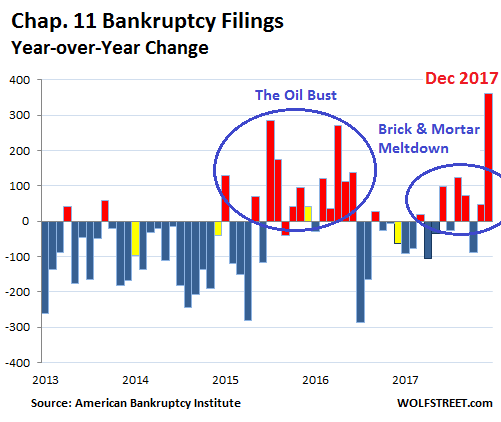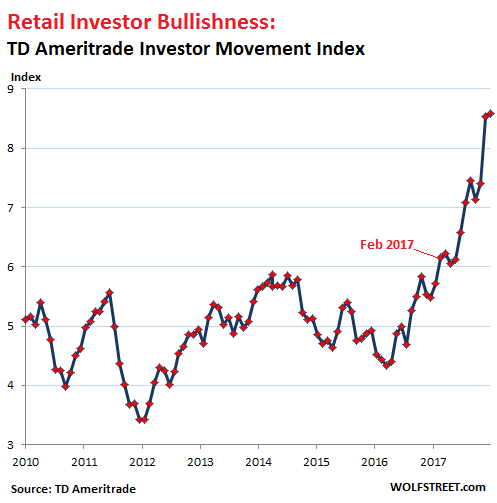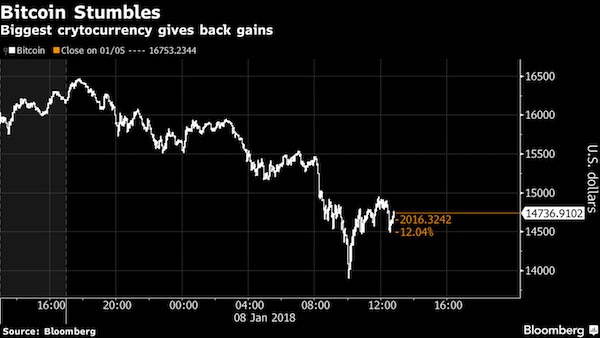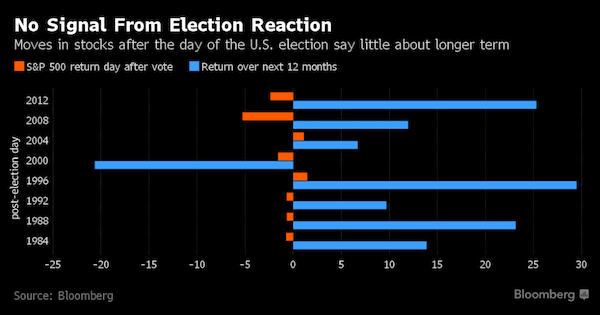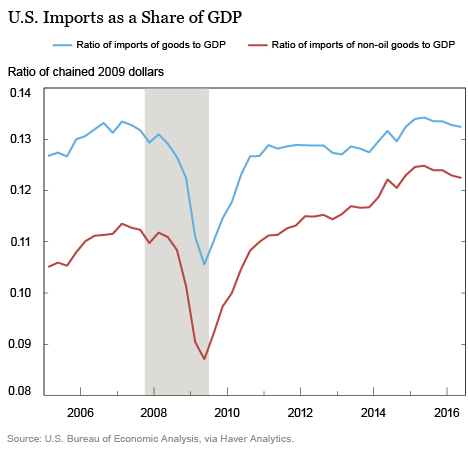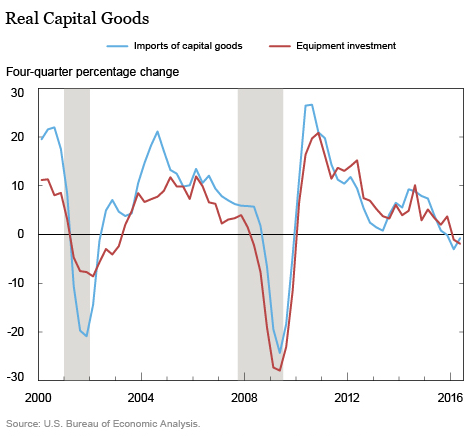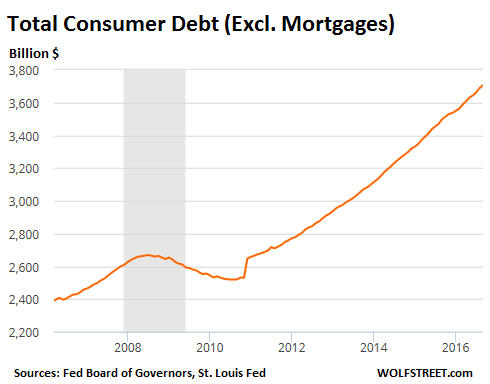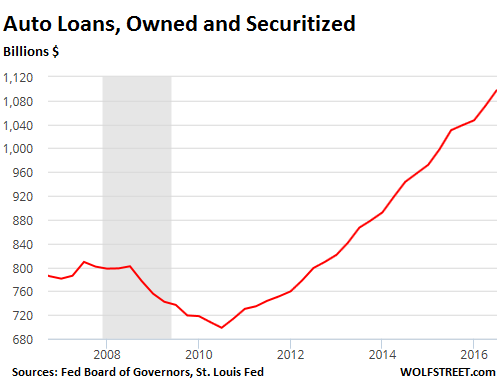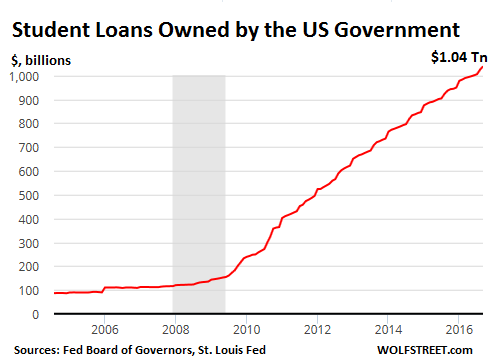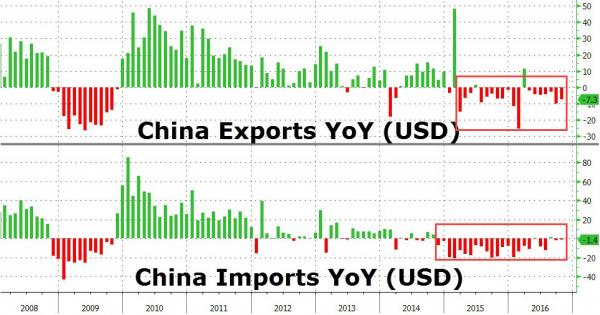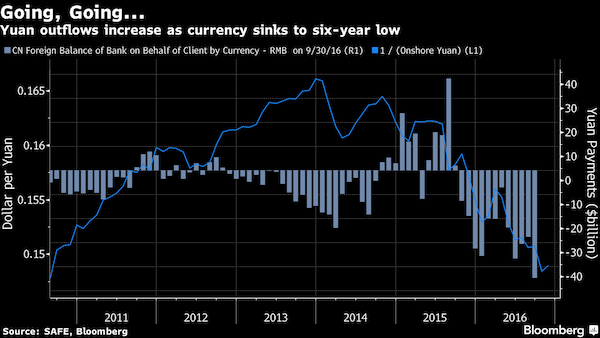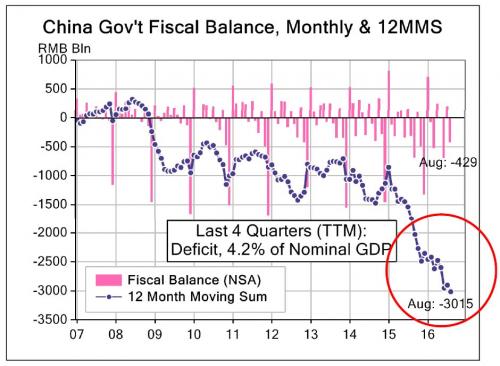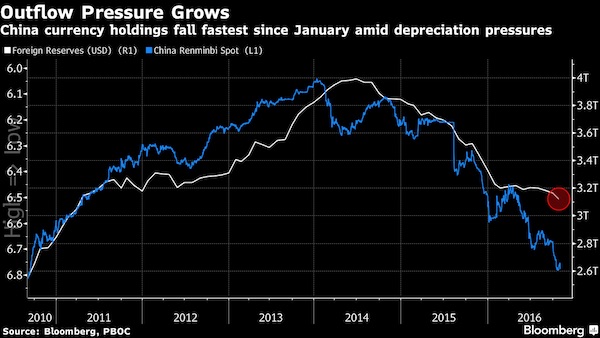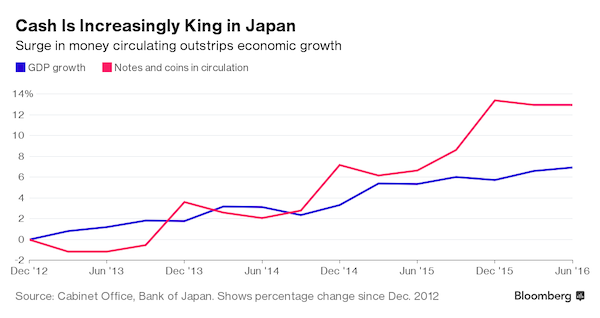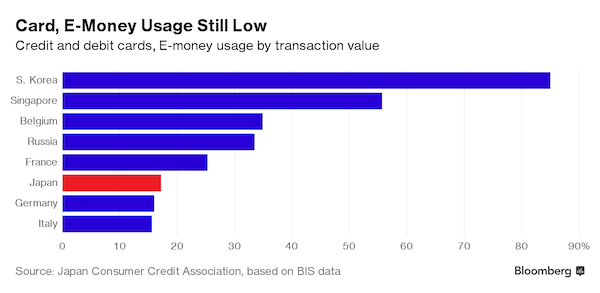
Pablo Picasso Still life � 1918

Timing’s a bit weird. As Erdogan prepares his speech fior noon local time (5am EDT), I’m doing this with what may soon be old news. Trump flew CIA head Gina Haspel to Ankara overnight, did she convince Erdogan not to talk?
• Turkey Yet To Share Information On Khashoggi Case With Any Country: FM (R.)
Turkey has not yet shared any information with any country from its probe into the killing of Jamal Khashoggi, the foreign minister said on Tuesday, hours before President Tayyip Erdogan was due to reveal what he has said were details in the case. Mevlut Cavusoglu made the comment in a televised interview with the state-run Anadolu news agency. Cavusoglu also said that Turkey is ready cooperate with any international investigation into Khashoggi’s killing. Authorities have been investigating Khashoggi’s disappearance after he entered the consulate on Oct. 2. After weeks of denial, Saudi Arabia at the weekend said the journalist had been killed at the consulate. Erdogan has said that he would share the information of the investigation in a speech on Tuesday.

Or so he says.
• Erdogan To Reveal ‘Naked Truth’ About Khashoggi’s Death (G.)
Recep Tayyip Erdogan appears primed to assemble two weeks of leaks, insinuation and police evidence in an explosive speech in the Turkish parliament on Tuesday alleging that the Saudi Arabian government murdered the Washington Post journalist Jamal Khashoggi on Turkish soil. After weeks of leaks by Turkish police implying that the Saudi crown prince, Mohammed bin Salman, must have known of a premeditated murder, there was no last-minute sign that the Turkish president would hold back from revealing what he has described as the “naked truth” about Khashoggi’s death. On Monday an aide vowed: “Nothing will remain secret.” Erdogan’s statement to members of his AK party coincides with the opening by the crown prince himself of an investment conference in Riyadh. Aides say Erdogan will address Saudi Arabia’s belated admission that Khashoggi died inside the Saudi consulate, where he was last seen on 2 October.
[..] Erdogan also has the chance in his speech to reveal details of an audio recording that purportedly exists of the moments of Khashoggi’s death and dismemberment. Reports on Monday suggested Saud al-Qahtani, an influential adviser to crown prince Mohammed bin Salman, participated in a Skype call to the room in the consulate where Khashoggi was held. A Turkish intelligence source told Reuters that at one point Qahtani told his men to dispose of Khashoggi. “Bring me the head of the dog,” he said. If true, the allegations would confirm reporting in the Guardian on Sunday that Turkey had intercepted the hit squad’s communications.

The info drip-drip continues to the last minute.
• Turkey Believes MBS Bodyguard Took Khashoggi Body Part To Riyadh (MEE)
Turkish authorities believe part of Jamal Khashoggi’s body was transported out of Turkey by one of Saudi Crown Prince Mohammed bin Salman’s bodyguards, sources have told Middle East Eye. Maher Abdulaziz Mutrib, an intelligence officer implicated in the killing of the Saudi journalist, is thought to have taken the body part out in a large bag, the sources said. Mutrib, who is often seen travelling with the heir to the Saudi throne, left Istanbul on 2 October, the day of Khashoggi’s death, on a private jet that departed at 18:20 local time. His bags were not checked as he passed through the VIP lounge at Ataturk airport and neither was the plane, with tail registration HZ-SK1.
This was because the plane left before the alarm was raised. A second plane was searched from top to bottom and nothing was found, according to the sources. Mutrib, who carried a diplomatic passport, appeared to be in a hurry, they said. Turkish President Recep Tayyip Erdogan vowed on Sunday to reveal the “naked truth” over the killing of Khashoggi, saying that he would make a new statement on the case on Tuesday. “We are looking for justice here and this will be revealed in all its naked truth, not through some ordinary steps but in all its naked truth,” Erdogan told a rally in Istanbul.
Erdogan held a phone call with US President Donald Trump on Sunday where the two leaders agreed the Khashoggi case needed to be clarified “in all its aspects,” a Turkish presidential source said. Saudi Arabia, which on Friday finally admitted after 17 days that its officials had killed Khashoggi, says it does not know the body’s whereabouts. Anonymous Saudi officials have told media that the body was rolled into a carpet and handed to a “local collaborator” to be disposed of. However, on Sunday a Turkish source told MEE that Khashoggi’s body was cut into 15 pieces. “They did not roll anything up in anything,” the source said.

Lots of theories. This one’s an option.
• Khashoggi Case Has Put Saudi Prince Right Where Erdogan Wants Him (G.)
At about noon on Tuesday two regional leaders are due to make landmark addresses. In Riyadh, the de facto ruler of Saudi Arabia, Mohammed bin Salman, will open an investment showpiece declaring the kingdom open for business. In Ankara, the Turkish president, Recep Tayyip Erdogan, is expected to make a speech that may well shut down the beleaguered kingdom. Such are the stakes when Erdogan takes to a podium to discuss the death of the Saudi dissident Jamal Khashoggi that the region may not be the same when he’s finished. Three weeks to the day since Khashoggi vanished after entering the Saudi consulate in Istanbul, Erdogan has pledged to table the “naked truth” about what happened to the columnist and critic, whose fate continues to grip both countries and polarise the Middle East.
If he stays true to his pledge, much of the evidence that Turkey has gathered, incriminating Saudi Arabia in a plot to kill Khashoggi, will be revealed: in pictures, video and even bloodcurdling audio said to document his torture and death. Setting the scene on Monday, a spokesman for the ruling party for the first time described Khashoggi’s death as a “complicated murder” that was “monstrously planned”. [..] Erdogan has the Saudis – in particular, the crown prince, Mohammed bin Salman (AKA MbS) – right where he wants him. Out of crisis has come opportunity for the veteran Turkish leader, who has never warmed to the brash 33-year-old, and thinks even less of his regional allies.
The two men have vastly different visions for the future of the region: Erdogan has been a champion of political Islam both at home and abroad, particularly since the rise and fall of Mohamed Morsi, the ill-fated former president of Egypt who hailed from the Muslim Brotherhood. The Turkish president has partnered with Qatar, Riyadh’s regional foe, given shelter to those exiled after Morsi fell, and remained a bulwark for a movement that Riyadh and its ally the United Arab Emirates see as existential threats. But he has remained on the losing end of the struggle for regional power and influence.

Not entirely my view, but good bits for sure.
• The Real Reason They Hate Trump (Gelernter)
He’s the average American in exaggerated form—blunt, simple, willing to fight, mistrustful of intellectuals. Every big U.S. election is interesting, but the coming midterms are fascinating for a reason most commentators forget to mention: The Democrats have no issues. The economy is booming and America’s international position is strong. In foreign affairs, the U.S. has remembered in the nick of time what Machiavelli advised princes five centuries ago: Don’t seek to be loved, seek to be feared. The contrast with the Obama years must be painful for any honest leftist. For future generations, the Kavanaugh fight will stand as a marker of the Democratic Party’s intellectual bankruptcy, the flashing red light on the dashboard that says “Empty.” The left is beaten.
This has happened before, in the 1980s and ’90s and early 2000s, but then the financial crisis arrived to save liberalism from certain destruction. Today leftists pray that Robert Mueller will put on his Superman outfit and save them again. For now, though, the left’s only issue is “We hate Trump.” This is an instructive hatred, because what the left hates about Donald Trump is precisely what it hates about America. The implications are important, and painful. Not that every leftist hates America. But the leftists I know do hate Mr. Trump’s vulgarity, his unwillingness to walk away from a fight, his bluntness, his certainty that America is exceptional, his mistrust of intellectuals, his love of simple ideas that work, and his refusal to believe that men and women are interchangeable.
Worst of all, he has no ideology except getting the job done. His goals are to do the task before him, not be pushed around, and otherwise to enjoy life. In short, he is a typical American—except exaggerated, because he has no constraints to cramp his style except the ones he himself invents. Mr. Trump lacks constraints because he is filthy rich and always has been and, unlike other rich men, he revels in wealth and feels no need to apologize—ever. He never learned to keep his real opinions to himself because he never had to. He never learned to be embarrassed that he is male, with ordinary male proclivities. Sometimes he has treated women disgracefully, for which Americans, left and right, are ashamed of him—as they are of JFK and Bill Clinton.

On what authority? Jones must sue Jack.
• Twitter Removes More Accounts Affiliated With Infowars (R.)
Twitter Inc confirmed on Monday it has removed more accounts affiliated with Infowars, the website of U.S. conspiracy theorist Alex Jones. The company confirmed a CNN report, which said Twitter permanently suspended 18 accounts, partly because of their attempts to help Infowars and Jones circumvent the ban placed on them by Twitter in September. Last month, Twitter permanently banned Jones and Infowars from its platform, saying in a tweet that the accounts had violated its behavior policies. Twitter had said back then that it would evaluate any reports regarding other accounts potentially associated with Jones and Infowars. Tech companies like Apple, Google parent Alphabet and Facebook have also recently banned Infowars and content produced by Jones while payments processor PayPal had ended its business relationship with the website in September.

The idea is better than the article.
• Facebook And Google Are Run By Today’s Robber Barons. Break Them Up (G.)
If Tom Wolfe were still alive, he might be turning his critical pen towards people like Facebook’s Mark Zuckerberg or the Uber co-founder Travis Kalanick, playfully describing the disruption that their companies bring to our lives on a daily basis. Just as Wolfe’s novel The Bonfire of the Vanities focused on the financiers whose greed defined the economy of the 1980s, the writer might today focus on the behaviour of these entrepreneurs whose technological innovations are overthrowing the old economy, creating entirely new digital marketplaces. And rather than the greed of the 1980s, ethics might be the focus of Wolfe’s attention. Not the ethics of the algorithms running these businesses, for algorithms don’t have ethics. Even smart algorithms don’t have ethics.
Algorithms are just bits of mathematics. Algorithms do, however, capture the ethics of the people behind them. And there is so much material Wolfe could write about this in 2018. Wind back the clock nearly two years. In October 2016, the investigative nonprofit newsroom ProPublica discovered that Facebook let advertisers exclude black, Hispanic and other “ethnic affinities” from seeing adverts. In the United States, housing and job adverts that exclude people based on race, gender and similar factors are prohibited by the Fair Housing Act of 1968 and the Civil Rights Act of 1964. Facebook admitted this was “a failure” and promised to prevent such discrimination in the future. More than a year later, in November 2017, ProPublica found Facebook was still allowing such adverts to be placed.
[..] This isn’t the first time we’ve faced such problems. In the first industrial revolution, some of the first to benefit were so rapacious they became known as the “Robber Barons”. Chief among them was the industrialist John D Rockefeller, arguably the wealthiest man to live in modern times. Rockefeller was notorious for the unethical and illegal business practices that helped his company Standard Oil control up to 90% of the world’s oil refineries. The History of the Standard Oil Company, published by Ida Tarbell in 1904, described the espionage, price wars and courtroom antics that allowed the company to dominate the oil business. Eventually Standard Oil became so powerful it had to be broken up into 34 new companies.
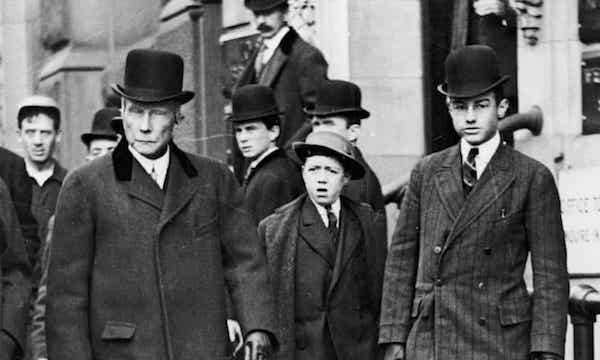
John D Rockefeller (left). Photograph: Keystone-France/Gamma-Keystone via Getty Images

The EU doesn’t understand what the internet is, how it has changed news and info dissemination. They don’t understand the amount of information, and how it necessitates changes. They’re handing the internet to America and taking it away from their own citizens.
• EU Regulation Could End YouTube As We Know It, CEO Warns (RT)
YouTube’s CEO has urged creators on the popular video site to organize against a proposed EU internet regulation, reinforcing fears that the infamous Article 13 could lead to content-killing, meme-maiming restrictions on the web. The proposed amendments to the EU Copyright Directive would require the automatic removal of any user-created content suspected of violating intellectual property law – with platforms being liable for any alleged copyright infringement. If enacted, the legislation would threaten “both your livelihood and your ability to share your voice with the world,” YouTube CEO Susan Wojcicki warned the site’s content creators in a blog post on Monday.
The regulation would endanger “hundreds of thousands of job,” Wojcicki said, predicting that it would likely force platforms such as YouTube to allow only content from a hand-picked group of companies. “It would be too risky for platforms to host content from smaller original content creators, because the platforms would now be directly liable for that content,” Wojcicki wrote. While acknowledging that it was important to properly compensate all rights holders, the YouTube chief lamented that the “unintended consequences of Article 13 will put this ecosystem at risk.” She encouraged YouTubers to use the #SaveYourInternet hashtag to tell the world how the proposed legislation would impact them personally.
[..] The proposal has stirred considerable controversy in Europe and abroad, with critics claiming that the legislation would essentially ban any kind of creative content, ranging from memes to parody videos, that would normally fall under fair use. Alphabet, the parent company of Google and YouTube, has opposed Article 13 for months. The measure was advanced in June by the European Parliament. A final vote on the proposed regulation is expected to take place sometime next year. World Wide Web inventor Tim Berners-Lee and Wikipedia founder Jimmy Wales have also spoken out against Article 13.

Playing hardball is all Brussels knows how to do.
• By Going Nuclear the EU Has Already Lost Its Battle with Italy (Luongo)
Former Dutch Minister of Finance and former President of the Eurogroup, Jeroen Dijsselbloem, went on CNBC on Friday to declare all-out financial war on Italy. That’s the way Zerohedge put it. As a ‘former’ big wig it was his job to go out and state the position of those currently in power who can safely hide behind his words. And if you watch the clip from CNBC in the linked article you’ll note that CNBC excised the most important quotes, where Dijsselbloem threatened the Italians that no exit from the euro is on the table. But, why would he say this when Italy hasn’t brought it up at all? In fact, Italy’s leadership has been nothing but supportive of the European Project while standing firm on it adopting fairer rules for member countries.
[..] As always, the heavy-handed Djisselbloem has his thumb on the pulse of the EU’s problems, opening his mouth and making things worse, just like he did with Greece. In Greek negotiations, the EU was calm. It told Greece over and over, “No.” Greece threatened the nuclear option, leaving the euro and its bluff was called. So, Dijesselbloem’s warning is just like Greece’s threats and they are going nuclear on Italy. They have to. The EU has zero leverage over Italy. The so-called populists in charge in Italy know exactly what they are doing. They are killing the EU with kindness. Five Star Movement leader Luigi Di Maio reiterated over the weekend that there is “no Plan B” for leaving the EU. The goal is to reform it from within.

Nice, but as teh Guardian adds: “The judge said in her ruling Monday that if Johnson did not accept the lower punitive damages, she would order a new trial for Monsanto.”
• US Judge Affirms Monsanto Weed-Killer Verdict, Slashes Damages (R.)
A U.S. judge on Monday affirmed a verdict against Bayer unit Monsanto that found its glyphosate-based weed-killers responsible for a man’s terminal cancer, but said the $250 million punitive damages portion of the award had to be reduced. According to a ruling in San Francisco’s Superior Court of California, Judge Suzanne Bolanos said she would slash the punitive damages award to $39 million if lawyers for school groundskeeper Dewayne Johnson agreed. Monsanto, which denies the allegations, had asked the judge to throw out the entire original $289 million verdict or order a new trial on the punitive damages portion. A jury on Aug. 10 found the company’s glyphosate-based weed-killers, including RoundUp and Ranger Pro, had caused Johnson’s cancer and that the company failed to warn consumers about the risks.
The verdict wiped 10 percent off the value of the company and marked the first such decision against Monsanto, which faces more than 8,000 similar lawsuits in the United States. “The court’s decision to reduce the punitive damage award by more than $200 million is a step in the right direction, but we continue to believe that the liability verdict and damage awards are not supported by the evidence at trial or the law and plan to file an appeal with the California Court of Appeal,” Bayer said in a statement. [..] Lawyers for Johnson in a statement on Monday said they were still reviewing whether to accept the reduced award or retry the punitive damages portion. “The evidence presented to this jury was, quite frankly, overwhelming,” the lawyers said.

But we’re still going to poison most of our food, and that of others?
• Pesticide-Free Organic Food Lowers Your Blood Cancer Risk By 86% (DM)
Cutting out pesticides by eating only organic food could slash your cancer risk by up to 86 percent, a new study claims. The biggest impact was seen on non-Hodgkin’s lymphoma risk, which plummeted among those who shunned chemical-sprayed food, according to the survey of nearly 70,000 French adults. Overall, organic eaters were 25 percent less likely to develop any cancer, and their risks of skin and breast cancers dropped by a third. The finding comes amid a flurry of interest in the cancer risks of pesticides, spurred by this summer’s Monsanto trial, when a jury awarded a cancer-suffering groundsman $250 million after concluding that Roundup weedkiller caused his cancer. The health benefit was far greater for obese people, they found.
However, the diet had no significant effect on bowel cancer – which is soaring in numbers globally – or prostate cancer. ‘Our results indicate that higher organic food consumption is associated with a reduction in the risk of overall cancer,’ lead author Dr Julia Baudry of the Centre of Research in Epidemiology and Statistics Sorbonne, Paris said. ‘We observed reduced risks for specific cancer sites – postmenopausal breast cancer, non-Hodgkin’s lymphoma, and all lymphomas – among individuals with a higher frequency of organic food consumption. ‘Although our findings need to be confirmed, promoting organic food consumption in the general population could be a promising preventive strategy against cancer.’

By the time we acknowledge how bad this is, we’ll be full of plastic already.
• Plastic Found In Faeces Of Everyone Who Took Part In Europe-Wide Study (Ind.)
Scientists have discovered up to nine different types of plastic in the faeces of every person who took part in a Europe-wide study. On average, researchers found 20 microplastic particles in every 10 grams of stool, suggesting humans are swallowing them in food. Particles between 50 and 500 micrometres across were found, the most common being polypropylene (PP) and polyethylene terephthalate (PET). Diaries kept by each participant in the week before the stool tests showed that they were all exposed to plastic by consuming plastic-wrapped food or drinking from plastic bottles. Plastic in the gut could suppress the immune system and aid transmission of toxins and harmful bugs or viruses, experts believe.
Lead researcher Dr Philipp Schwabi, from the Medical University of Vienna in Austria, said: “Of particular concern is what this means to us, and especially patients with gastrointestinal diseases. “While the highest plastic concentrations in animal studies have been found in the gut, the smallest microplastic particles are capable of entering the blood stream, lymphatic system and may even reach the liver. “Now that we have first evidence for microplastics inside humans, we need further research to understand what this means for human health.” The pilot study recruited eight participants from the UK, Finland, Italy, the Netherlands, Poland, Russia and Austria. None were vegetarians, and six ate sea fish. It is estimated up to 5 per cent of all plastics produced end up in the sea.



